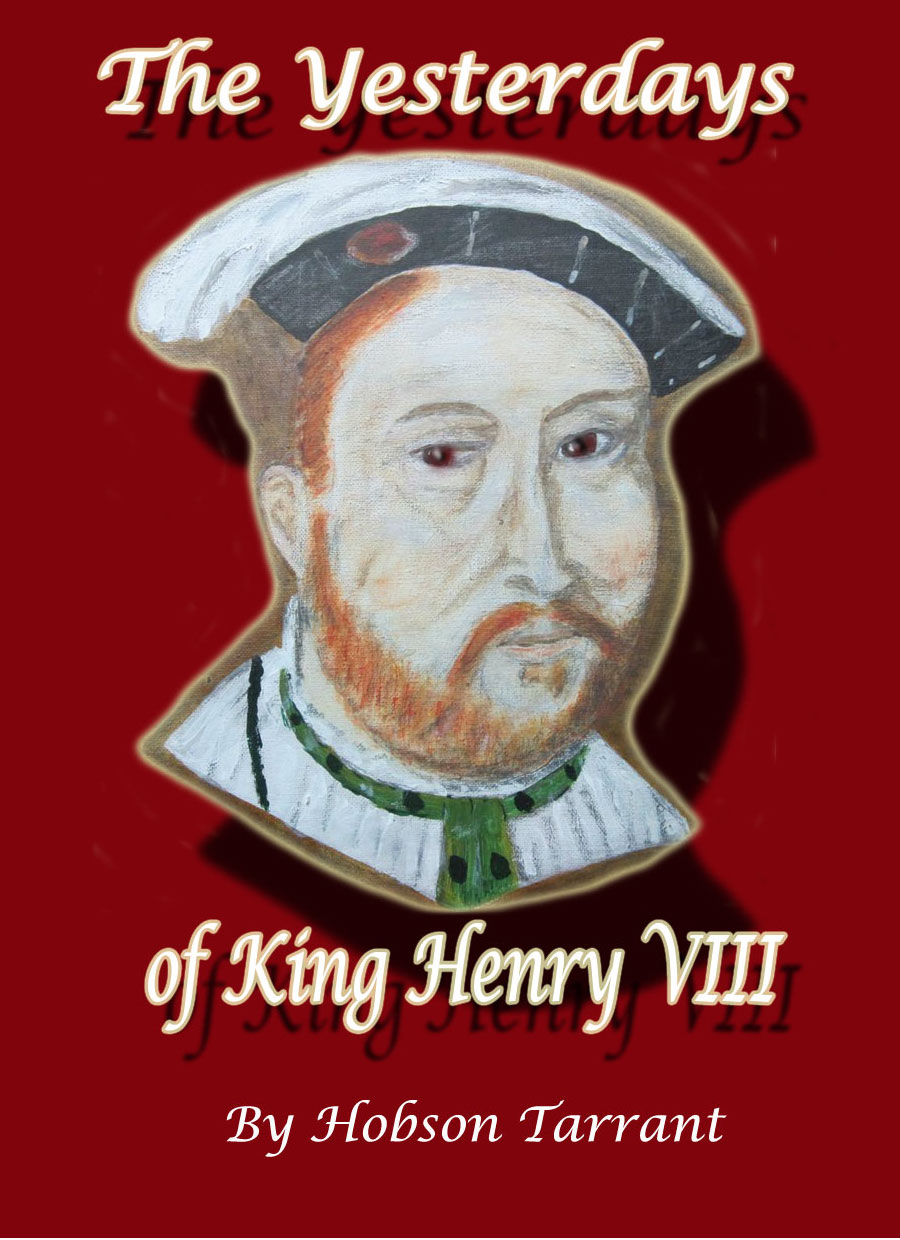The Yesterdays of Henry VIII
King Henry VIII ruled over England from 1509 until 1547. He married six times, struggled with the Catholic Church, dissolved the English monasteries, started wars on a whim and executed more than 70,000 of his subjects. He was a complex mix of proud athlete, spoilt child and sexual predator, yet still became one of history's greatest English kings. The young Henry Tudor was never meant to be king it was supposed be his elder brother Arthur, the first born son of King Henry VII who won the crown from Richard III at the Battle of Bosworth Field in Leicestershire in 1485. King Henry VII, was very frugal and closely managed England's economy by raising taxes so that a prosperous kingdom would be passed to his son. England was always in danger of invasion from its powerful enemies, Spain and France. The king was determined to diminish this threat through a marital pact with Spain thus assuring a long lasting peace. Prince Arthur was to marry the King of Aragon's daughter, Catherine of Aragon which would cement the two countries in friendship. They were married in 1501 but Arthur suddenly died of the sweating sickness a few months later. This made the young Henry Tudor heir to the throne whilst Catherine of Aragon became an expensive embarrassment for both England and Spain. Prior to his brother's death Henry Tudor had lived the life of a wealthy young nobleman, he had enjoyed all of the privileges but avoided the responsibilities of an heir to the throne. He had lived an outdoor life, hunting and fishing, Henry excelled at physical sports such as archery, swordsmanship, wrestling and even tennis. He had become a free spirit. In addition Henry had a keen brain, finely nurtured by the best tutors in Europe which he shared with his brother. King Henry VII died in 1509, the young Henry being only eighteen years of age. Prior to his death the father had grave concerns about Catherine of Aragon and the possible collapse of the peace with Spain. He considered marrying young Henry to her, but the Catholic Church, the primary English religion, would not countenance such an option. His only hope was to persuade the Pope in Rome to issue a special dispensation based upon Arthur and Catherine's marriage never being consummated. The Pope eventually did this as a favour to the king rather than being based on proven facts. However, the young Henry initially refused, as a very pious religious scholar it conflicted with his Catholic teachings, although he finally recanted when requested by his father's dying wish. King Henry VIII and his Queen Catherine were crowned on 23rd June 1509 at Westminster Abbey. At the time Henry VIII was a fine specimen of six feet one inches tall and powerfully built. He had striking red hair and small watchful eyes. Living in an age where the average man rarely grew past five feet six inches, the new king must have appeared as a giant when moving amongst his people. Henry started his reign with good intentions. He recognised his father's rule had imposed excessive taxes and fostered corruption in the offices of power, he also saw the strain suffered by the average family when merely struggling to survive. To prove he would make things change he immediately arrested two of his father's most hated tax collectors and had them publically executed, he then redistributed a proportion of the taxes previously extorted from the poorest in society. This new king and queen soon became much loved, but Henry, unlike his father, was a spender. Fine clothes, expensive jewels, lavish settings and elaborate ceremonies became the order of the day and the kings court quickly became a running party for the most rich and famous nobles in the land. Still young, athletic and wallowing in self glory, Henry was hailed as the most handsome king in Europe. He was also a proud and boastful sportsman who would challenge any takers when an adoring audience could be attracted. Queen Catherine was also adored by the people in her own right and they were delighted when she fell pregnant at the thought of a male heir joining the fold. The king in readiness arranged great celebrations and jousting competitions, plus he had written hundreds of letters announcing the new prince's arrival. But when the child was born a girl, Mary, all such festivities were cancelled and the king's feigned joy of a first born soon faded. The king desperately wanted a son to follow the Tudor line and the queen's next pregnancies were miscarried or stillborn. Catherine was getting older and Henry took solace in his mistresses. One, Elisabeth Blount, gave him an illegitimate son which he acknowledged as Henry FitzRoy (son of the royal Henry), he was groomed for succession in the absence of a proper Tudor boy. But getting rid of Queen Catherine became the ‘Kings Great Matter' in a Catholic world where divorce was forbidden.








